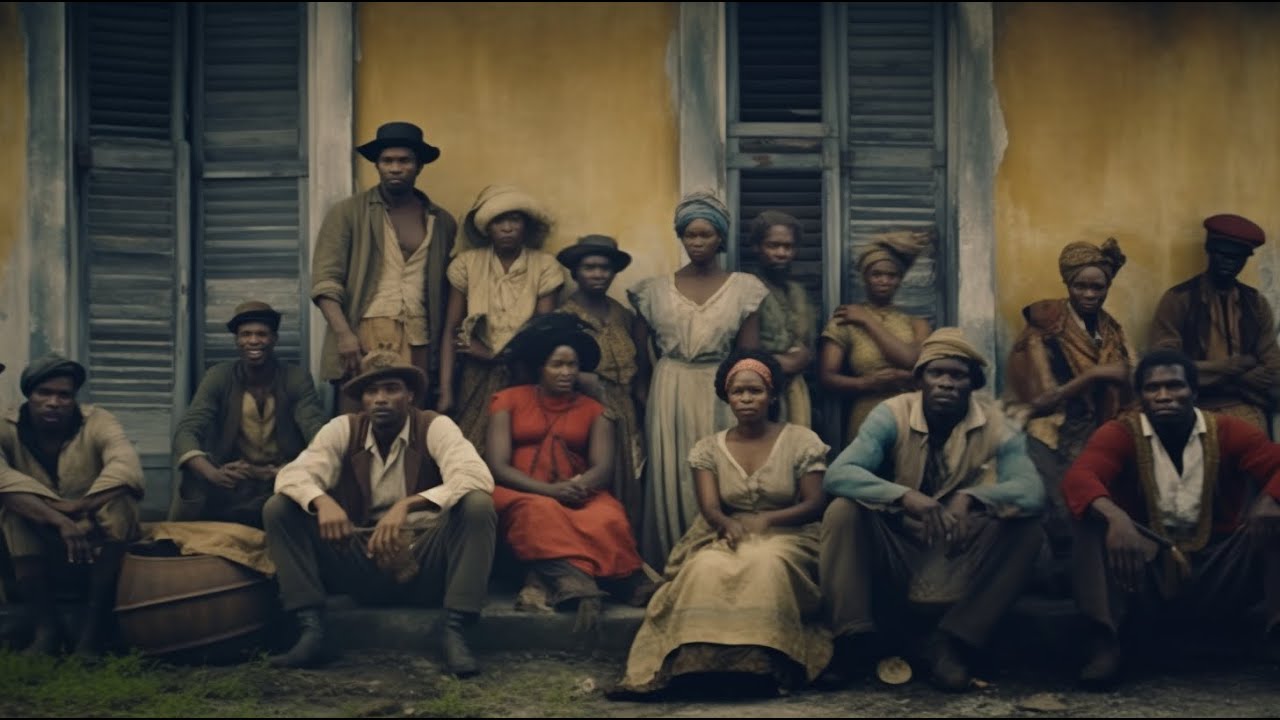The third year since President Biden granted Juneteenth federal recognition in 2021, Americans have been commemorating the event this past weekend.

On that day, two years after the Emancipation Proclamation was issued in 1863 to free enslaved Black people held in the Confederacy, slavery was abolished in Galveston, Texas.
As word of the Union army’s triumph over the Confederates slowly made its way through the South, it eventually made it to the Galveston coast in 1865.
Leslie Wilson, a history professor at Montclair State University in New Jersey, stated that Juneteenth is celebrated for its symbolism rather than its historical significance.
“The symbolism of Juneteenth is the transition from slavery to freedom.”
Juneteenth’s Journey: From Texas to the Rest of the United States
The festival was first observed locally in Texas, but as Black Americans migrated to other parts of the country, they brought their customs with them, including commemorations of one of the last examples of chattel slavery.
“You could say that Juneteenth had a renaissance, largely because when World War II was over and soldiers came home, it was the second Great Migration. People started traveling from various points in the South to points in the North and points in the West,” Wilson said.
“During the Civil Rights Movement in the 1960s, with civil rights and also with the Black Power movement, Juneteenth became a symbol of strength as well as a symbol of triumph for African Americans.”
It took some time for the holiday to become widely recognized. It was a holiday that Black people observed for a number of years with little recognition or understanding from other cultures and communities.
“I’m sure there’s a ton I’m totally unaware of on African American history in the U.S.,” Alex Markle remarked.
During the long weekend, Markle and his fiancee were at the National Mall in Washington, D.C. Markle claimed that he didn’t become aware of Black history events like Juneteenth, Black Wall Street, and the Tulsa Race Massacre until he was in his forties.
“That was kind of shocking that like a big piece of American history was something that I had never learned about and was unaware of that much of my life.”
The situation Markle is in is not unusual.
Juneteenth Awareness on the Rise: Progress in Acknowledging African American History
Only 37% of American adults said they knew at least a little about Juneteenth in 2021, when the holiday received government recognition, according to a Gallup poll.
A year later, that percentage would rise to almost 60%.
Many Black people have embraced the idea that African American history will be more widely acknowledged as a component of the American fabric as the holiday has gained in popularity.
Precious Williams, a native of Dallas who spent the holiday weekend in Washington, D.C., said, “as a Black person, it means a lot to me to celebrate everybody who was free because it’s like so many people don’t know.”
“We celebrate everything in America, you know. So those Black holidays, it’s like everybody should know about Juneteenth because it’s a part of our history.”
There are worries that corporate money-grabs that take advantage of the occasion would lessen the significance of such a momentous event.
According to Amara Enyia, a public policy expert in Chicago, “the significance of it becoming an official holiday is really the fact that it raised awareness of Juneteenth beyond communities that had [already] been commemorating Juneteenth. Beyond that, it seems that the significance, unfortunately, also brings with it some commodification of that day and sort of commercialization of that day as well.”
Additionally, some Republicans have used the occasion as a political weapon as part of an ongoing culture war in which they argue that acknowledging racism and race honestly is a ruse to discredit white Americans.
Despite these concerns, many people saw Monday as a chance to pause, think about America and its past, and speculate about what the future might bring.